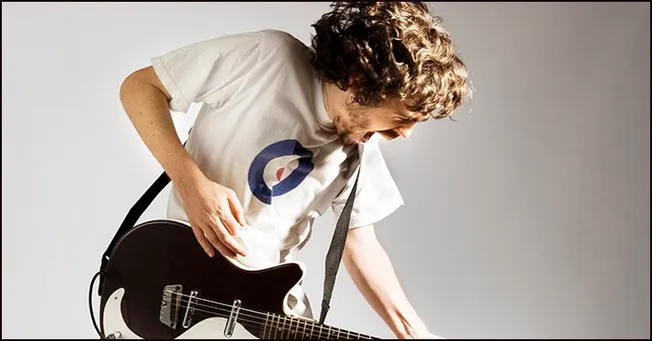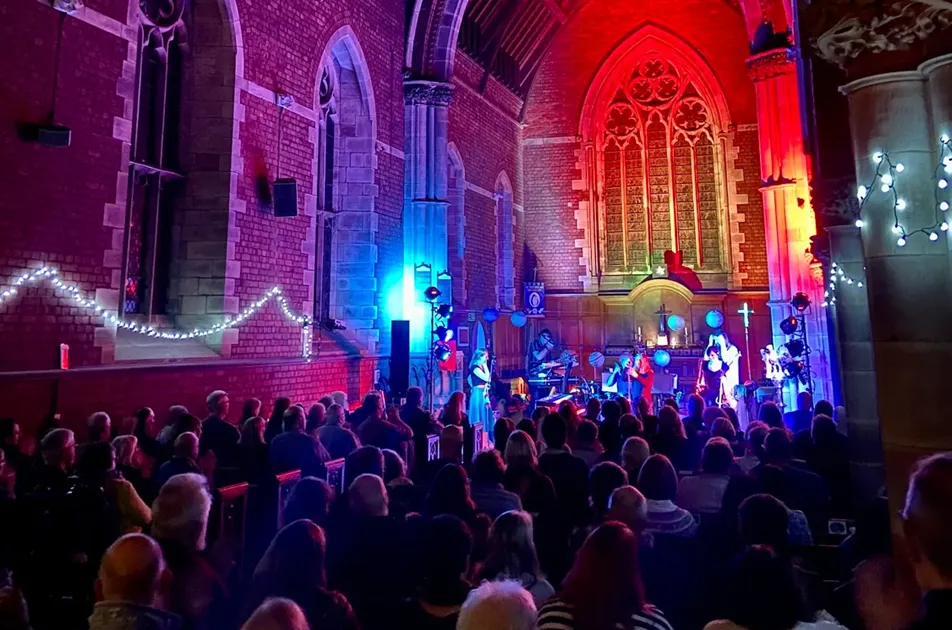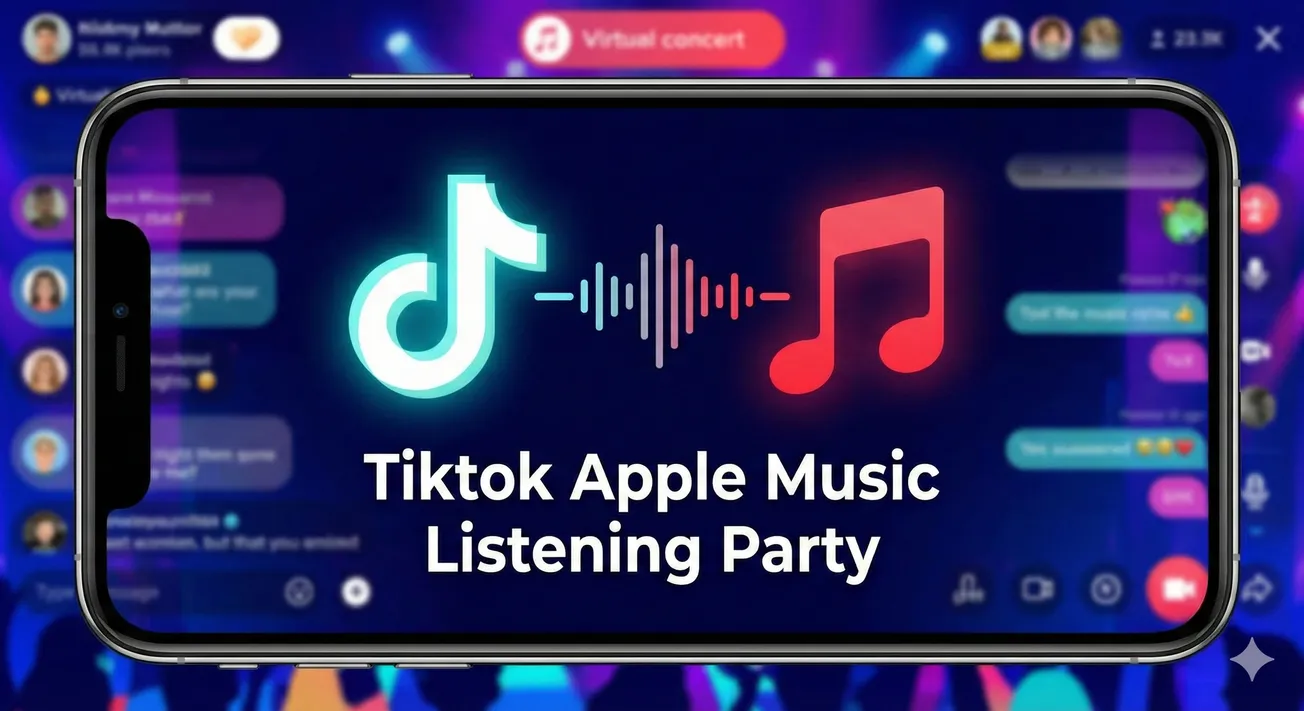While not every band is going to have merch for sale at their shows, foregoing this revenue option means the artist is not only missing out on a much needed revenue source, but also foregoing a valuable opportunity to strengthen their brand and build a stronger connection with fans.
________________________________________
Guest post by Toney van Veen of DiscMakers
Why pass up the chance to make additional revenue, build your artist brand, and cement a special connection with your fans?
It astounds me when I attend a concert and the artist does not have merch for sale — and it happens a lot. I don’t have stats, but I’d guess that two out of every three bands I see live do not have merch available for sale. While thousands of artists take advantage of the benefits of selling merch at gigs, too many others evidently don’t seem to think it’s important.
The reality is that selling physical products at gigs – t-shirts, hoodies, CDs, vinyl, USBs, etc. – is a game-changer for many artists. It can mean the difference between mixing your EP in your basement versus hiring a local professional in your city’s A-room studio. If you aren’t already taking advantage of the revenue boost merch can provide you, here are six reasons you need to have merch for sale at your next gig.
1. Physical product sales crush streaming revenue
We live in a streaming world, but let’s be honest, streaming won’t pay enough to buy you a set of strings. On average, it takes about 3,000 music streams to equal the profit from one CD sale and 5,000 streams to equal the profit of one t-shirt. The average emerging music artist makes much more money selling merch at their gigs than from streaming, which is why physical media is as relevant today as it ever was, especially for independent musicians.
2. You need multiple revenue streams
There are lots of ways to monetize your music, and you need to utilize as many of them as you possibly can. Even all those fractions of pennies from streaming, publishing, public performance, neighboring rights, and YouTube licenses add up. But an indispensable part of every artist’s revenue mix that pays off right away is physical product, and that includes vinyl, CDs, t-shirts (so many types!), hoodies, stickers, buttons, USBs… the list goes on. The income-driving potential is real.
3. Healthy profit margins are a good thing
When you’re an independent artist buying your merch directly from your CD or merch provider, the profit margins are huge! One CD sale for $10 nets you $8-9 in profit. A T-shirt sale for $20 can easily net you $15. Those are profits you can reinvest in renting practice space or buying gas, strings, and drumheads. Plus, who says you need to sell a shirt for $20 anyway? I’ve attended concerts where color t-shirts were being sold for $35 to $40. Those are some healthy profit margins!
4. It’s not just about selling music

When a fan buys your vinyl LP or CD, they’re still going to listen to your music on Spotify or Apple Music, but they buy your product because they want to invest in you as an artist. Today, your CD or vinyl is not just a delivery medium for sound — it’s a memento. Buying your CD allows your fan to tell the story that “I was there.” When you autograph that CD, it allows your fan to tell everyone, “I knew this artist way back when.” It’s not just a CD – it’s an opportunity to turn a listener into a superfan.
5. Let your fans do the advertising
There’s a host of iconic brands that inspire people to advertise them on a t-shirt: Adidas, Apple, Nike, Harley Davidson. As an artist with devoted fans, give them the chance to promote your brand and advertise YOU. Selling t-shirts at your shows creates a beautiful flywheel effect: the more merch you sell, the more money you make, and the more your brand gets promoted by your fans. Which gets more people listening to your music, coming to your concerts, and buying your merch.
6. Build deeper connections with your fans
Having physical media available at gigs allows you to create a unique, irreplaceable connection with your fans. The interaction you have with a fan while you’re autographing the LP they just bought can become a lifetime memory. The young woman who bought your newest t-shirt didn’t just buy a garment, she’s part of your TRIBE when she wears it. These personal connections create fans for life.
If it ain’t streaming, it’s merch!
Today’s artists – from the newly formed emo band in a basement club to Taylor Swift filling arenas – make more income from touring than from selling music. Physical product (whatever it may be) is not just a way to drive more revenue from your live gigs, it’s an indispensable part of the overall income mix for today’s artist or label. Mech is part of the overall fan experience, the relationship between your fans and your act. And to be sure, not everyone will buy a shirt or a CD at your next concert, but some will. Why miss out on the opportunity to make additional revenue, help build your artist brand, and cement a special connection with your fans?
Tony van Veen is the CEO of DIY Media Group, the parent company of Disc Makers, Merchly, and BookBaby. As a college student, he played in indie bands, created his own LPs, cassettes, and t-shirts, and sold them at shows. Today, he collects CDs and concert t-shirts to support the artists he loves.





